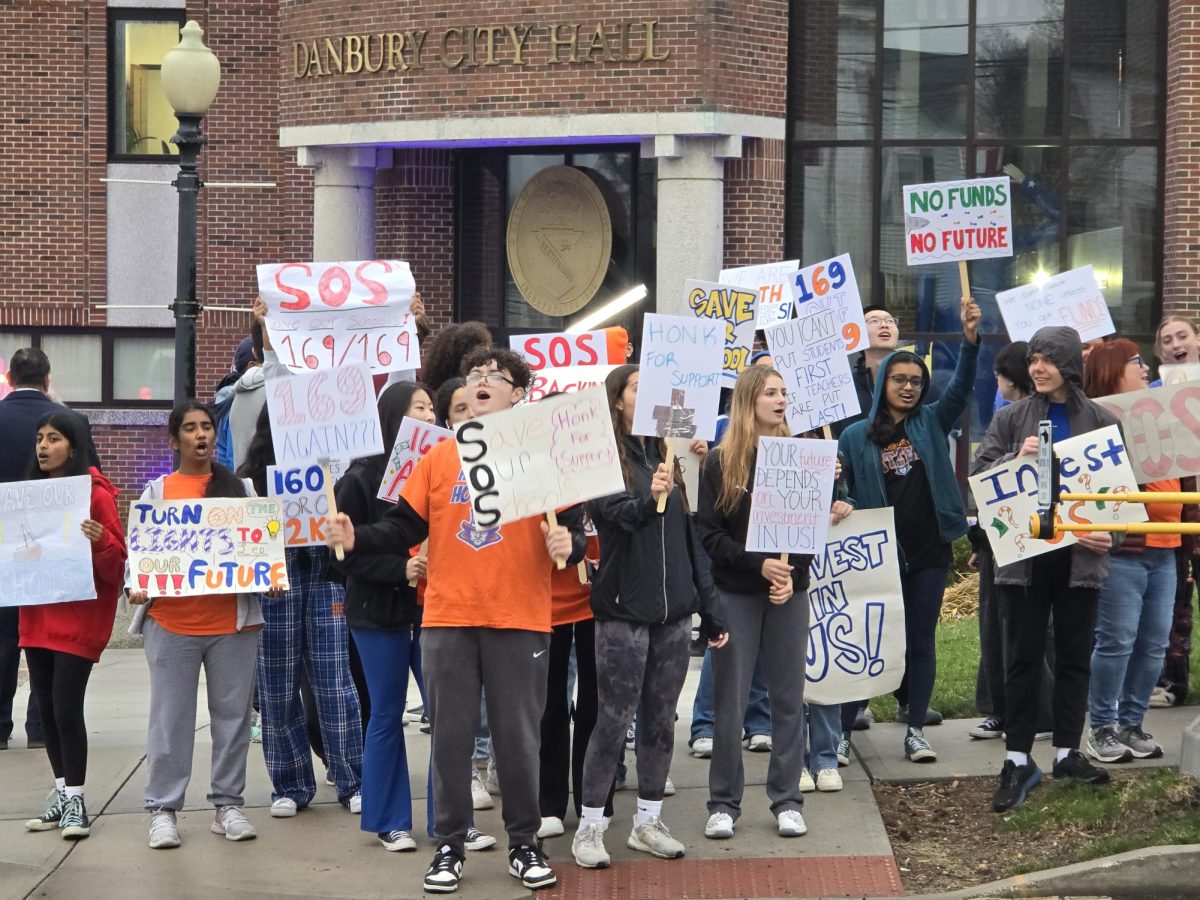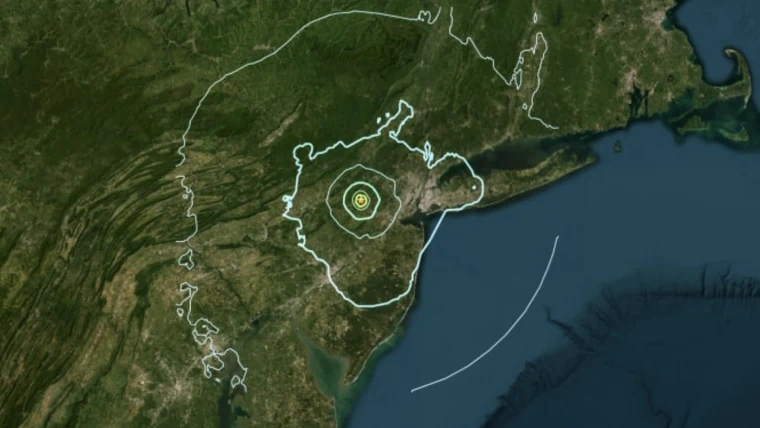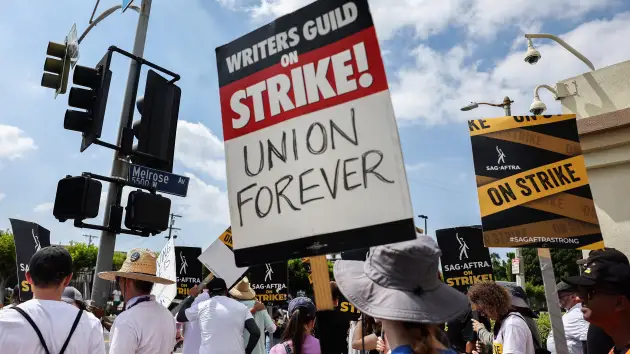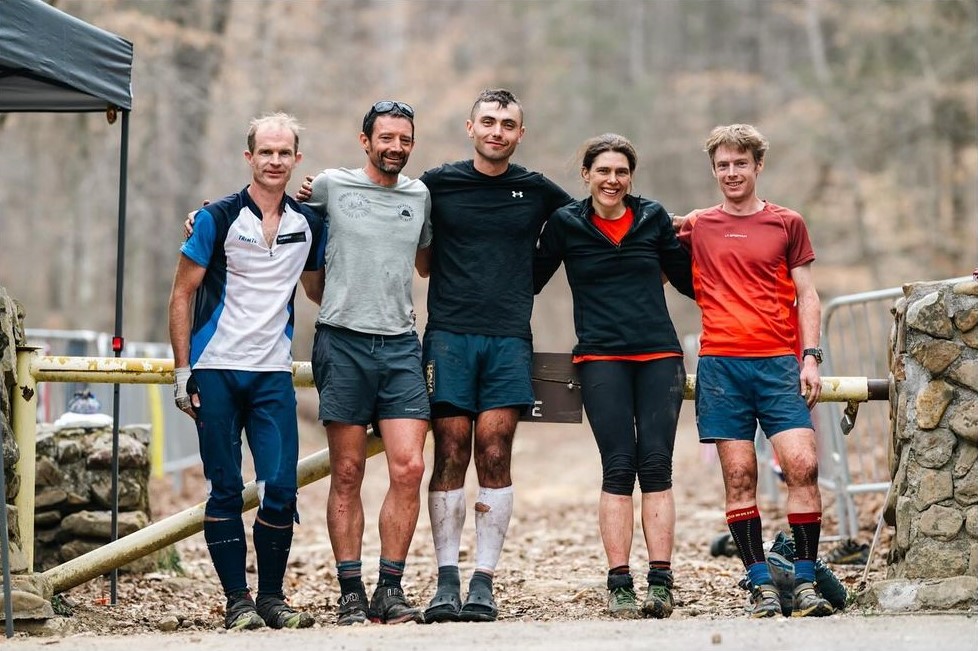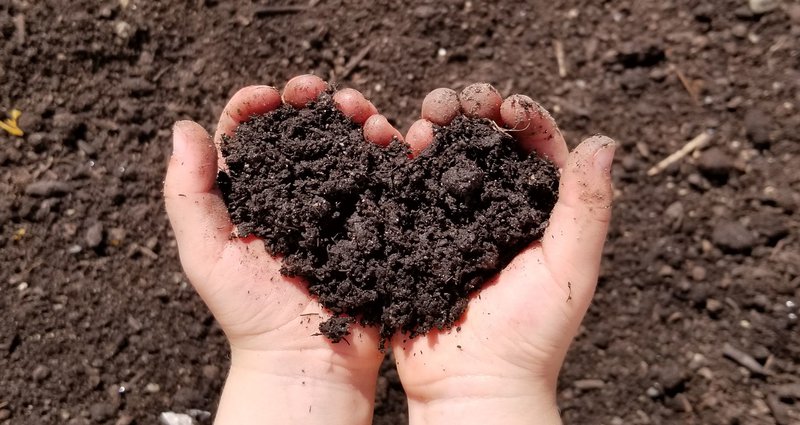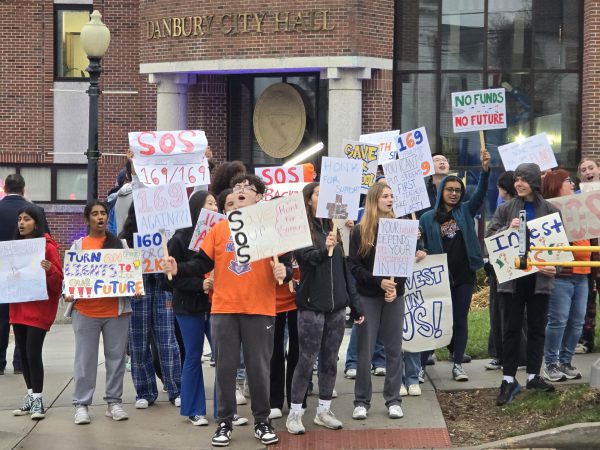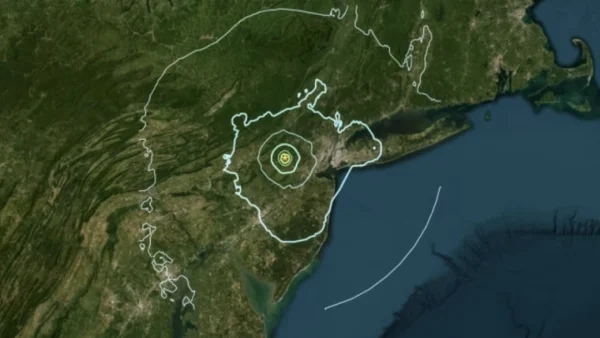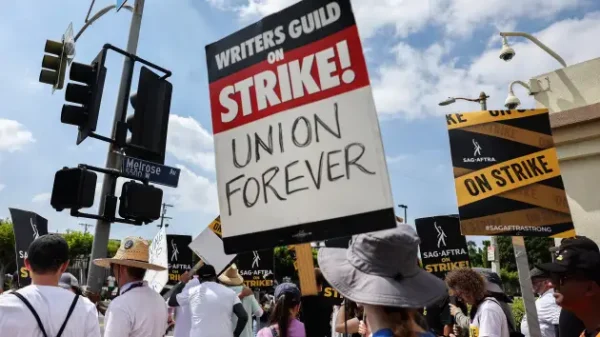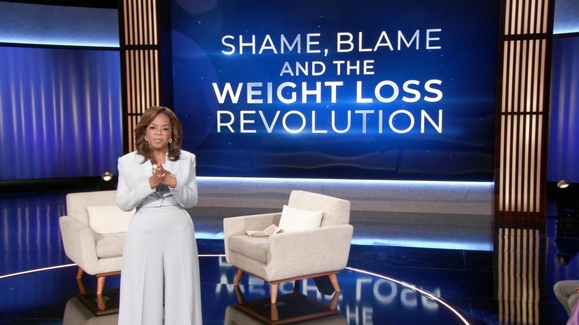Eco-Revolution: The Thirty-Year War on Dirt
How It Can Take Only Thirty Years To Completely Reverse Climate Change
December 15, 2022
Climate change activists rush to reduce global greenhouse gas emissions with little to no foreseeable improvement of the climate, and little support from politically affiliated organizations. Political interference often works out of favor of its supporters, however, with over 1 billion people estimated to become refugees of soil desertification by 2050.
How well do humans work with the environment under societal pressure and expectations? Activists, scientists, and researchers join forces to prove facts about climate change on a purely environmental basis. They’ve all come to a conclusion about where the problem truly is- in the soil.
The documentary “Kiss The Ground” provides a scientific perspective on how climate change is directly harming humans, narrated by the Emmy Award winning actor, Woodrow Tracy Harrelson. In the documentary, Harrelson explores the nature and depth of the most important factor in climate change- carbon. In fact, the existence of carbon itself is not harming the Earth. It is the displacement of carbon into the atmosphere, one of the most essential elements in the creation of life, that is harming the planet. There is a dark horse releasing carbon into the air at a much faster rate than factories- bona fide farms.
Farms all across the world are tilled in order to mass-produce crops. These actions drain the top-soil of its natural element, with erosion being contributed to by humans first dating back in the Bronze Age. The constant tilling and depletion of nutrients in our environment has caused soil to turn into dry, nutrient-less ‘dirt.’ Dirt particles become easy targets of erosion, creating catastrophes such as the infamous Dust Bowl of the 1930s. Tilling of the environment is contributing to ⅔ of the world currently desertifying.
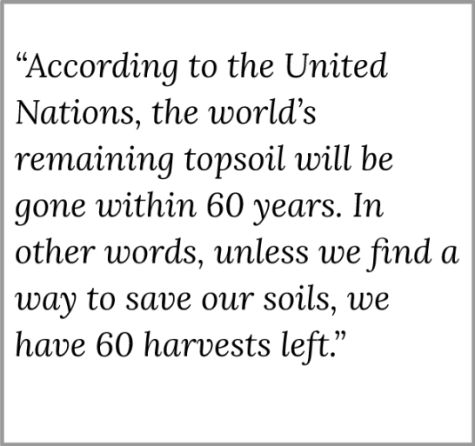
In fact, climate change is not the only danger of current practices of agriculture. The harms of herbicides on human bodies were long acknowledged beforehand, as they were first used in the gas chambers of the Holocaust. Glyphosate, a synthetic chemical compound found in agricultural pesticides today, is most commonly linked to the rapid increase of cancer and neuro-inflammation.
The belief that climate change can be reversed through reducing emissions alone is one held by many, however has little scientific evidence to back up. In fact, reducing emissions will not do much to remove the already existing legacy carbon dioxide polluting the atmosphere- it will only prevent further future contribution to climate change. It is the health of the soil that can, miraculously, completely reverse climate change and its effects in only thirty years.
Thirty years is all it takes to save the planet. Humankind can live in a healthy environment and reverse the destruction of our home within this lifetime.

Some believe that thirty years is an unrealistic time period, and that reversing climate change is something incomprehensible with the agendas of corporations and urban cities. But the city of San Francisco has become one of the most sustainable cities to live in. And it only took a little less than a decade. With growing incentive to compost and recycle, as well as the ban of plastic bags, San Francisco has been able to achieve a 77% rate of recyclability.
Ranches and farms that utilize holistic grazing as well as no-tiling farm tools have been statistically proven to make more profit than the average farm. Caring for the health of agriculture will bear more fruit in the long run. One farmer and rancher, Gabe Brown, makes on average $100 per acre on a 5,000 acre farm, whereas the average till farmer makes only a few dollars per acre.
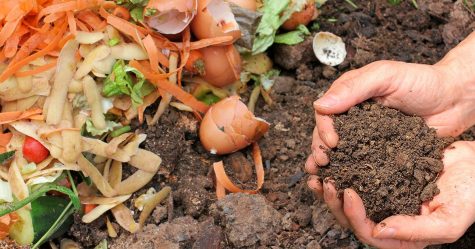
The solution is simple and something an average person, even a student at DHS, is capable of. With no-till gardening, recycling, composting, boycotting pesticides, and other regenerative agricultural processes, the world is bound to heal. But if humans on an individual level, including residents of Danbury, refuse to take that small step, then the planet and our quality of life will continue to disintegrate into dirt. All it takes is one step of faith. The lives of our generation and generations to come depend on it.

